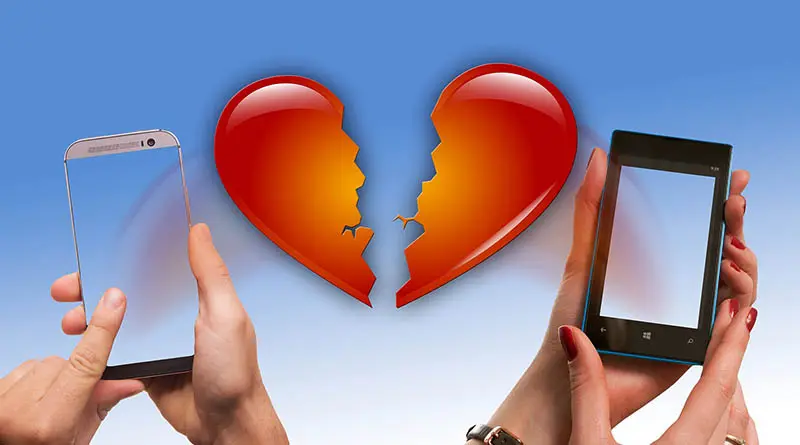Can we talk about entitlement? I know you want to. I see your comments on this site. Many of you think the readers who run to us for help have, as you put it, “entitlement issues.”
You’re right.
I could cite examples from any day of the week Our advocacy team deal with a lot of entitled travelers. But instead, let me tell you about a reader from Chicago who became the poster girl for entitlement.
I first heard from Poster Girl a few days ago, when she left an epic voice mail on my cell phone.
She explained:
- That she was very important because she used to work in the movie business.
- That she was now retired, but lived in an upscale neighborhood that signified her status.
- She did “not do email,” so she insisted I personally mediate her case by phone.
- She demanded I call her back immediately.
In an apparent effort to further motivate me, she also mentioned that she’d already called two of my syndication editors and had “a nice chat with them.” (Translation: “If you don’t help me right now, I’ll let them know.”)
I’m willing to overlook all of that needless posturing. In the heat of the moment, people say things they don’t really mean. I figured Poster Girl was just upset about something that had happened to her.
I called her back. No answer.
The next day, she left another, even longer, message. She repeated her previous statement but spent a considerably longer time on the fact that she absolutely could not do email because she was 74 years old. I was totally unaware that there was an age limit on email use.
I called back again, and this time, I got through to her.
The reader was every bit as demanding on the phone as she was in her message. Her tone was demanding. When I tried to answer her questions, she cut me off. When I fell silent, giving her a chance to speak, she offered an unconvincing apology. “I’m sorry I cut you off,” she snapped, then continued with what she was saying without missing a beat.
It turns out she wasn’t asking for help for herself, but for a friend. I politely explained that we needed to hear directly from the person and that we required a paper trail in order to help.
This did not seem to go over well.
She wanted an immediate fix
I’m not going to make you wait until the end of this story to reveal the anticlimactic ending. I gave Poster Girl my email address and asked her friend, who apparently did email, to send me the information. I’m still waiting to hear from that person.
This experience is instructive on many levels. Every day, people come to us because they think they deserve something.
Maybe they do; maybe they don’t. (Here’s how to figure out which category you fall into.)
I believe every customer deserves to be treated with respect and dignity. But after dealing with many readers, some of whom come to me with entitled attitudes, I can tell you that it’s easier to offer that respect and dignity to some people than others.
The telltale signs of entitlement are known to even the occasional reader of this site. Asking for the moon. Refusal to cooperate. Demanding an immediate resolution. Rudeness. Self-importance. Threats.
Rarely does one person hit a perfect score on the entitlement scale, but Poster Girl did.
I don’t blame bad customer service for the ill-advised approach that may have doomed her friend’s help request to failure. I blame bad parenting. It takes years of indulgent and negligent parenting to raise a child with entitlement issues. Those kids grow into adults who surround themselves with enablers who nurture their entitlement to full maturity.
There is no cure for those character defects, and advocating for people like that is a challenge. But I will always try.




